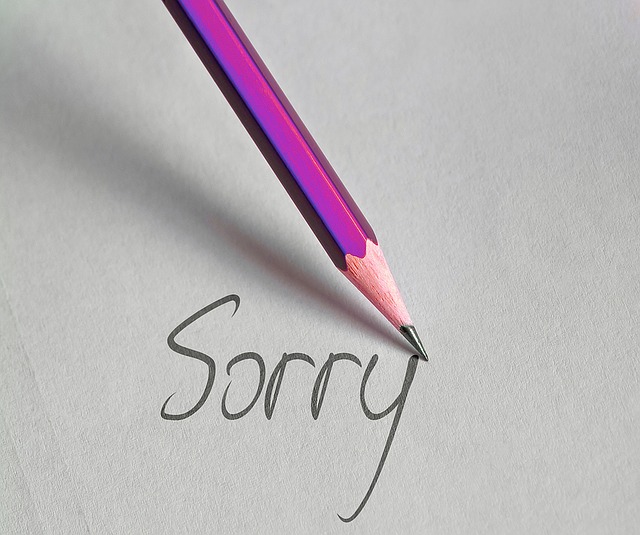In a previous post I discussed an important topic, Don’t Wait to Forgive, based on the book by Frank Ostaseski, The Five Invitations. Forgiveness is something that we tend to put off because it is too self-revealing and painful. Frank suggests that we have to face up to who we really are and not who we project ourselves to be. We have to look in the mirror, not into an internally fabricated image that shows ourselves in the best possible light. The honesty required is disarming and can be disturbing. Experience and research suggest that some principles can help us along the way:
- Be grounded and relaxed – Forgiveness is a difficult pursuit at the best of times. However, if you are agitated or highly distracted, it is extremely difficult to focus on forgiving yourself or someone else. The starting point is to become grounded and relaxed. Grounding in the present moment can involve tapping into your breath, your bodily sensations or the sounds around you. I find sometimes that sounds can themselves be distracting because I am always trying to interpret them. I like using a particular body sensation as a means of grounding, e.g. the sensation of fingers on both hands touching. I find that I can use this practice anywhere, whether waiting for something or someone, or beginning a meditation. It can quickly induce relaxation and focus for me. Each person will have their preferred approach to grounding and relaxation – for some people, it may involve a full body scan to identify and release tension.
- Manage distractions – Distractions are a natural, human frailty – they pull us away from our focus. However, they can be more persistent and intensive when we are trying to focus on forgiveness because of the level of discomfort that we may feel when dealing with our shame. Having a “home” or anchor such as our breath can enable us to restore our focus. Persistence in returning to our focus builds our “attention muscle” over time – a necessary strength if we are to progress in our goal of developing forgiveness.
- Start small – Self-intimacy around our need for forgiveness (for the multiple ways in which we have hurt others) can be overwhelming if we take on too much at once. When you think about it, our need for forgiveness can be pervasive – impacting every facet of our interactions in close relationships, with work colleagues or with strangers in the street or shops. We can think of times when we have interrupted someone, ignored people, been harsh towards them or spoken ill of them. There are times when we have taken out our frustration or anger on someone who is not the trigger for our difficult emotions. We can begin by focusing on a small, recent incident where we have caused hurt or harm to someone and gradually build to more confronting issues, situations or emotions. Mitra Manesh in her guided meditation podcast on forgiveness suggests that a simple way to start might be to bring a particular person to mind and mentally say, “For all the pain and suffering I may have caused you, I ask for your forgiveness”. This kind of catch-all statement avoids going into all the detail of an interaction. Sometimes we can become distracted by what Diana Winston describes as “being lost in the story” – we can end up recalling blow by blow what happened, indulging in blame and self-righteousness. Forgiveness is not a process of justifying our words or actions.
- Forgiveness is healing for ourselves – We have to bring loving kindness to our forgiveness practice whatever form it takes – loving kindness for our self as well as for the person we are forgiving. The process is not designed to “beat up on” our self but to face up to the reality of what we have said or done or omitted to do that has been hurtful for someone else. It’s releasing that negative, built-up energy that is stored in difficult emotions and is physically, mentally and emotionally harmful to our self. It is recognising that holding onto regret, anger, resentment or guilt can be toxic to our overall wellness. However, like giving up smoking, it takes time, persistence and frequent revisiting of our motivation.
As we grow in mindfulness and self-awareness through meditation, reflection and daily mindfulness practices, we can learn to face up to our real self and our past and seek forgiveness. However challenging this may be, we need to begin the journey for our own welfare and that of others we interact with. Diana Winston in her forgiveness meditation podcast reminds us that mindfulness involves “being in the present moment with openness and curiosity” together with a “willingness to be with what is” – it entails honest self-exploration. She cites Lily Tomlin who maintains that forgiveness involves “giving up all hope for a better past” – seeing our past with clear sight and honesty.
___________________________________________
Image by Gerd Altmann from Pixabay
By Ron Passfield – Copyright (Creative Commons license, Attribution–Non Commercial–No Derivatives)
Disclosure: If you purchase a product through this site, I may earn a commission which will help to pay for the site, the associated Meetup group and the resources to support the blog.

